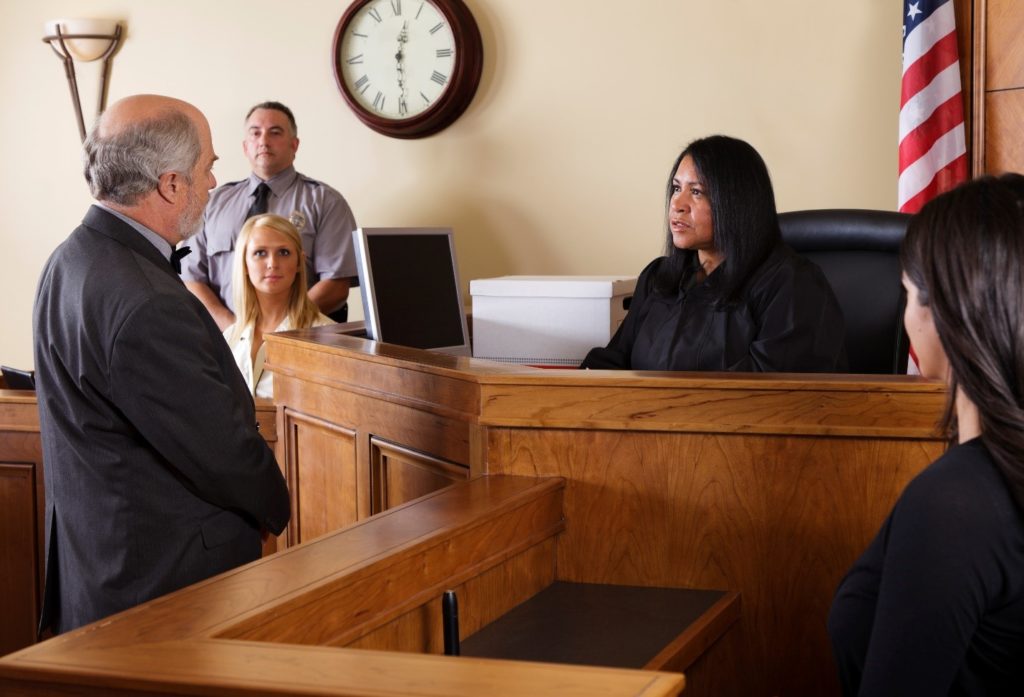Texas courts and judges require good reasons for granting guardianship. Common reasons for calling to meet with a guardianship attorney are:
- Seniors come to us, often brought by their children or children-in-law, when mental incapacity has set in, and although they appear to have willing and able family members who can take care of them, assist with making personal care and living decisions, or manage their finances, the seniors do not have the necessary delegation documents in place to empower these helpers as their agents.
- Seniors have trust or power of attorney documents in place, but the people named are dead or no longer available, willing or appropriate to serve.
- The people who the senior trusted and anticipated would be appropriate have become exploitive and abusive to them.
- Seniors have been conned into paying for, or agreeing to pay for, fraudulent products and/or services.

Generally, there are two types of guardianships: permanent and temporary. Temporary guardianship really means there is an emergency and immediate need for a guardian to be appointed because danger to the senior’s health or finances is imminent. Temporary guardianship might be necessary if seniors have excellent trust planning or power of attorneys in place, but the seniors are noncompliant about what they now need to do for their own safety and care. For example, they may need to live in an assisted living community or nursing home, but they voluntarily check themselves out and wander. Without a judicial finding of incapacity, they are free to make their own decisions, even though imprudent or unsafe, so they can walk right out and put themselves in danger. If they have access to an automobile, they put the general public at risk as well.
Sometimes the government steps in to try to protect the senior. In emergencies, where the seniors are unwilling to cooperate, and their bad decisions are putting themselves or others at risk, often the first call should be to Adult Protective Services (APS). APS generally will appoint a social worker or other staff person to investigate, perhaps with local police in order to gain access to the senior and entry into the home.
Permanent guardianship takes longer to get established but does not expire within a specified time. Whether or not Adult Protective Services gets involved, and whether or not the case is an emergency or just a situation where the senior needs help and is not willing or does not have mental capacity to sign a trust or power of attorney documents, the solution is often guardianship over the senior, if he or she meets the applicable standards of incapacity. (Less commonly, where mental illness other than dementia is the apparent cause, “involuntary commitment” may be necessary to place the senior is a hospital psychiatric ward for analysis.)
A guardian’s duty is to make decisions regarding the protected person’s personal care and finances. The guardian is court-supervised and directly accountable to the court. The guardian is required by state law and regulations to account annually to the probate court. Such accounting needs to be accurate to the penny.
In order for the court to even consider an individual to be guardian, the individual must post bond through an insurance company to insure his or her fidelity to proper administration of the protected person’s assets and income. The guardian also needs specific court authorization to sell real estate and make investments.
One reason there is so much court supervision involved in a guardianship is because removal of personal rights and liberty by the court is analogous to a civil form of imprisonment.
Although attorneys correctly advise clients to plan to avoid unnecessary guardianship, there are many situations where guardianship are appropriate and very beneficial. Court supervision in difficult cases can be beneficial to impose financial accountability and to bring about sound decisions for the care of a protected person. Examples are where the protected person is unwilling to comply with doctor’s orders or other considerations that are important for the safety of the protected person and others.
When your senior or elder loved one is unwilling to comply with doctor’s orders or you think a wrong-doer is taking advantage, do not seek guardianship unless you think a medical condition is causing diminished capacity and you are ready to hire an attorney and take action.

